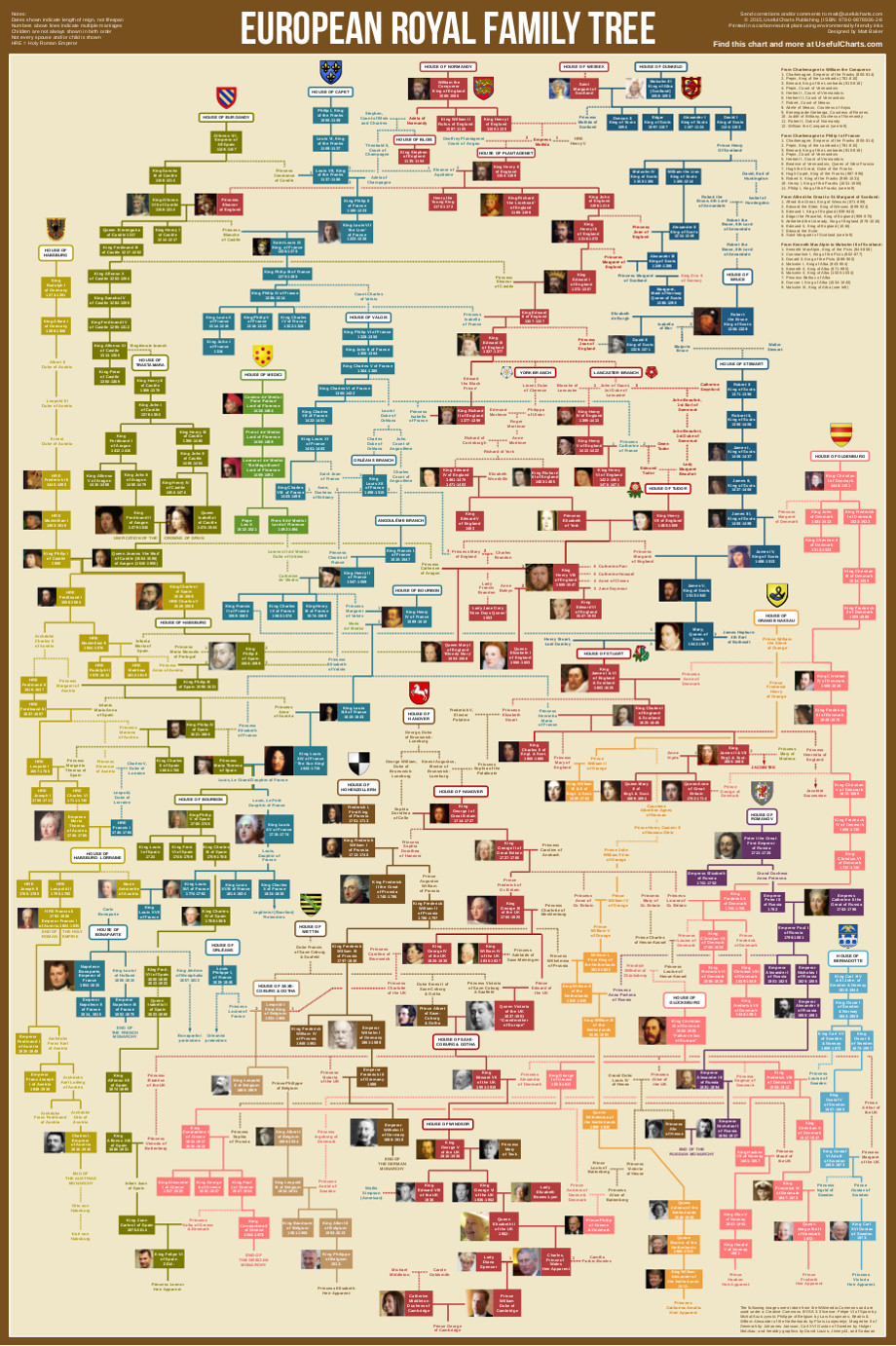The English royal family tree is a fascinating tapestry that weaves together centuries of history, lineage, and tradition. It provides us with a glimpse into the lives of those who have shaped the course of British history, from the medieval kings and queens to the modern-day monarchy. Understanding this tree not only gives insight into the relationships between various royal figures but also highlights the evolution of the monarchy and its role in contemporary society.
As we delve into the English royal family tree, we uncover a rich heritage marked by alliances, conflicts, and significant events that have played a pivotal role in England's past. The tree is not just a collection of names and dates; it is a story of ambition, power struggles, and the enduring nature of royal duty. Each branch of the tree tells a story, connecting past and present in a way that resonates with the public's interest in the monarchy today.
In this article, we will explore the English royal family tree through various lenses, answering key questions about its members, structure, and significance. From the current royal family to historical figures, we will paint a portrait of the monarchy that is both informative and engaging.
Who are the Key Figures in the English Royal Family Tree?
The English royal family tree is populated by numerous influential figures, each contributing to the legacy of the monarchy. At the core of the current royal family are:
- Queen Elizabeth II (1926-2022)
- King Charles III
- Prince William, Duke of Cambridge
- Prince Harry, Duke of Sussex
What is the Structure of the English Royal Family Tree?
The structure of the English royal family tree can be visualized as a branching diagram that highlights family connections. It typically starts with the reigning monarch at the top, followed by their children, grandchildren, and further descendants. This hierarchical arrangement not only depicts relationships but also outlines the line of succession, which determines who will inherit the throne next.
How Does the Line of Succession Work?
The line of succession in the English royal family tree is governed by a set of rules that have evolved over time. Currently, the rules dictate that the eldest child of the monarch, regardless of gender, is first in line to inherit the throne. This was a significant change brought about by the Succession to the Crown Act 2013. The line of succession includes:
- King Charles III
- Prince William, Duke of Cambridge
- Prince George of Cambridge
- Princess Charlotte of Cambridge
- Prince Louis of Cambridge
What Are the Historical Roots of the English Royal Family Tree?
The historical roots of the English royal family tree stretch back to the early medieval period, with notable figures such as William the Conqueror, who became King of England in 1066. Over the centuries, the monarchy has seen various dynasties, including the Plantagenets, Tudors, and Windsors, each leaving its mark on the family tree.
What Role Do Marriages Play in the English Royal Family Tree?
Marriages within the royal family have historically been strategic, often aimed at solidifying alliances or securing political power. For instance, the marriage of Henry VIII to Anne Boleyn led to significant religious and political upheaval in England. These unions are crucial in shaping the family tree, as they introduce new bloodlines and influence the royal lineage.
Who Are the Modern Members of the English Royal Family?
Today, the English royal family tree includes a diverse range of modern members who contribute to the monarchy's public image and charitable endeavors. The current members include:
- King Charles III
- Queen Camilla
- Prince William, Duke of Cambridge
- Kate Middleton, Duchess of Cambridge
- Prince Harry, Duke of Sussex
- Meghan Markle, Duchess of Sussex
What Are the Key Events That Shaped the English Royal Family Tree?
Throughout history, numerous key events have shaped the English royal family tree. From wars and scandals to celebrations and milestones, these events have had lasting impacts on the monarchy. Some notable events include:
- The signing of the Magna Carta (1215)
- The English Civil War (1642-1651)
- The abdication crisis of King Edward VIII (1936)
- The Queen's coronation (1953)
How Does the English Royal Family Tree Influence Contemporary Society?
The English royal family tree continues to influence contemporary society in various ways. Royal engagements, charitable works, and public appearances foster a sense of national identity and pride. The monarchy also serves as a symbol of continuity and tradition, offering a link to the past while navigating the complexities of modern governance.
Conclusion: What Lies Ahead for the English Royal Family Tree?
As we look to the future, the English royal family tree remains a dynamic entity, evolving with each generation. The current members are taking on new roles and responsibilities, reflecting the changing nature of the monarchy. The stories woven into this family tree will continue to capture the imagination of the public, ensuring that the legacy of the English royal family endures for generations to come.




